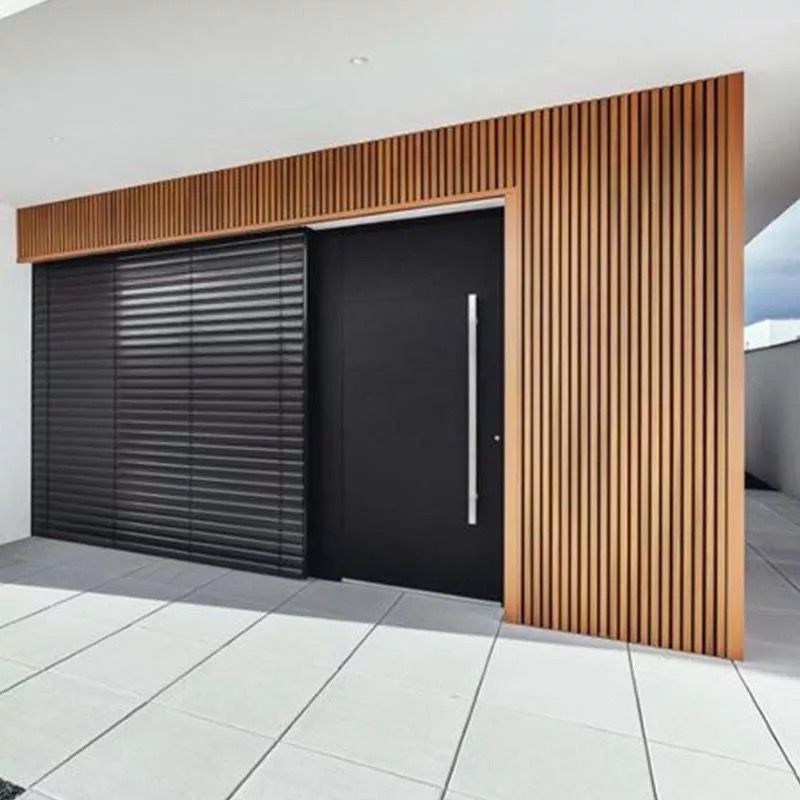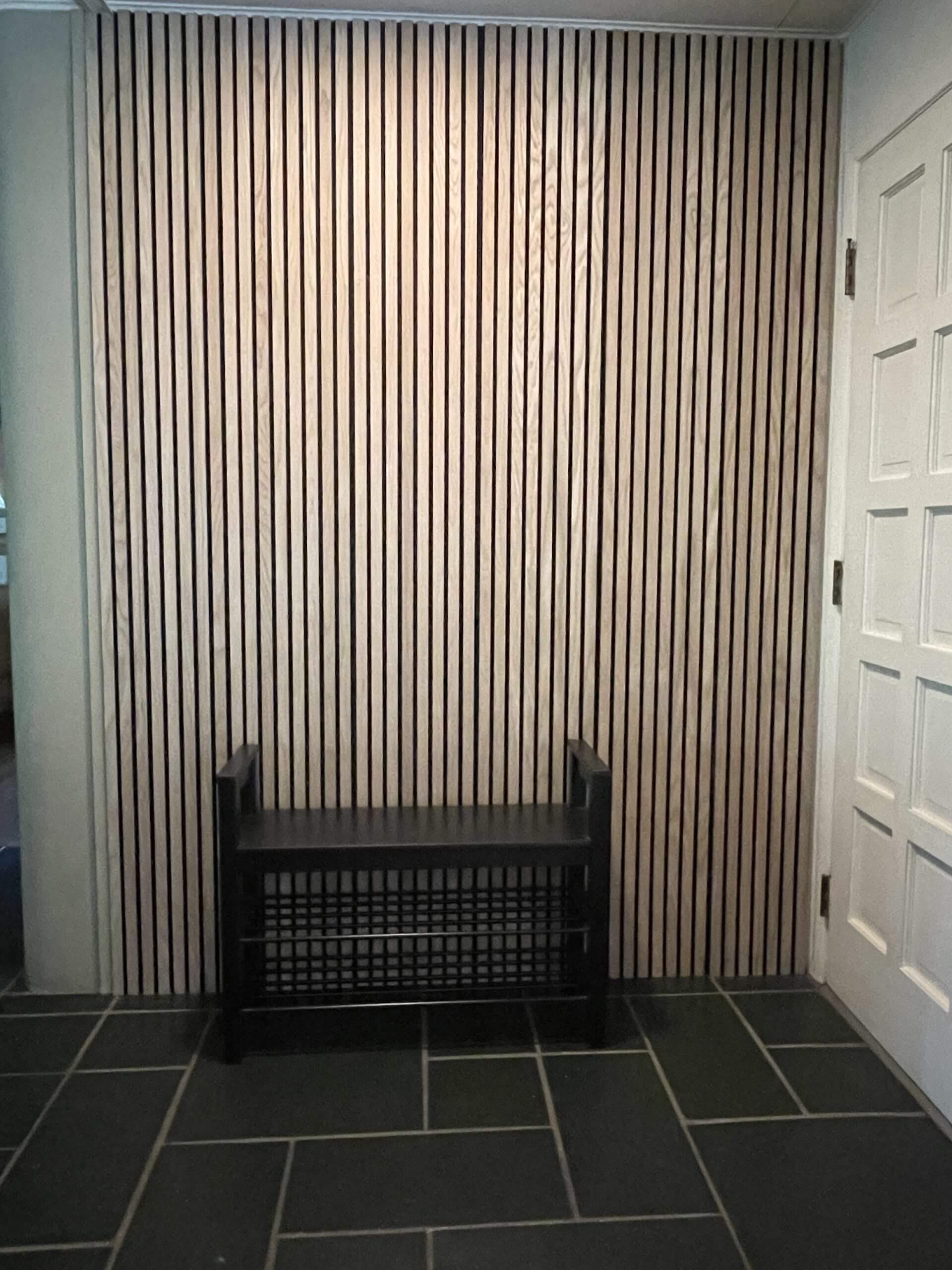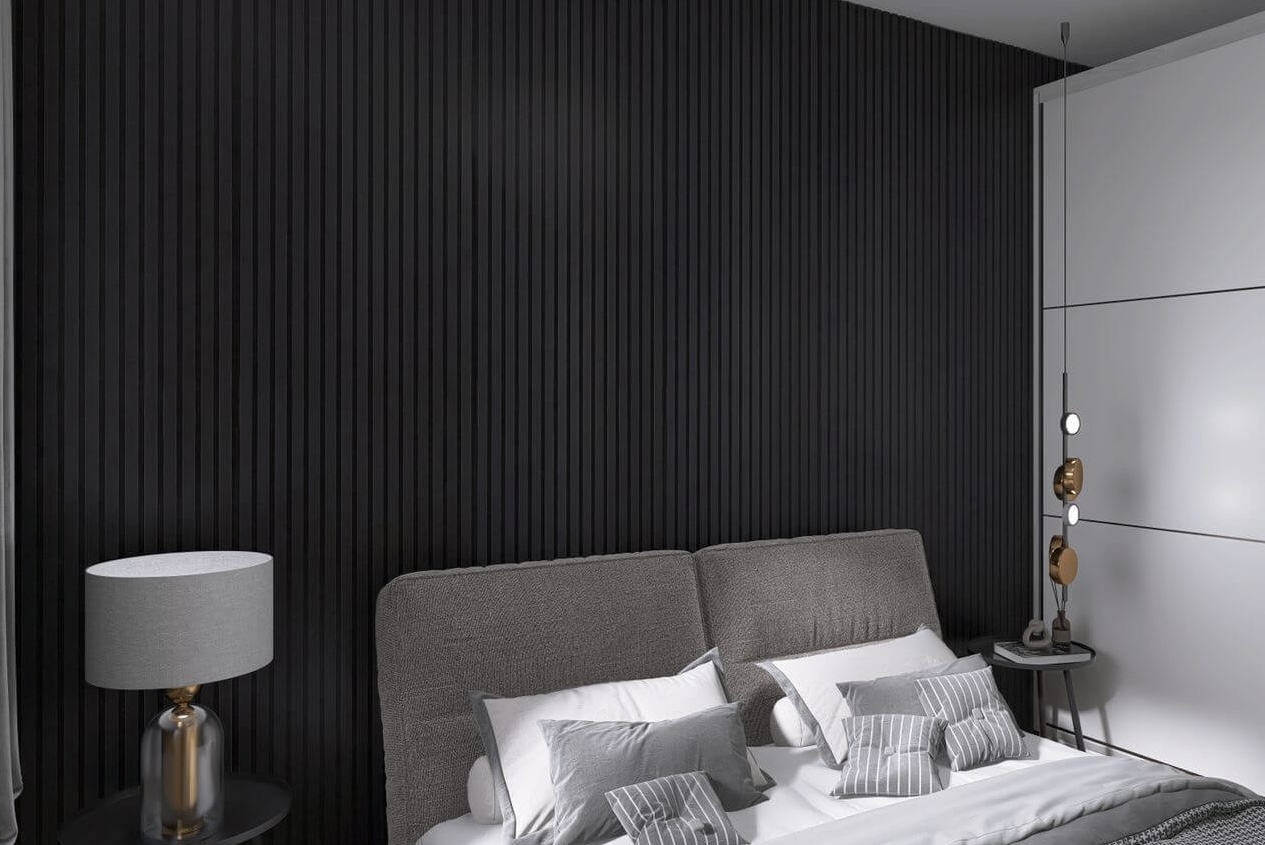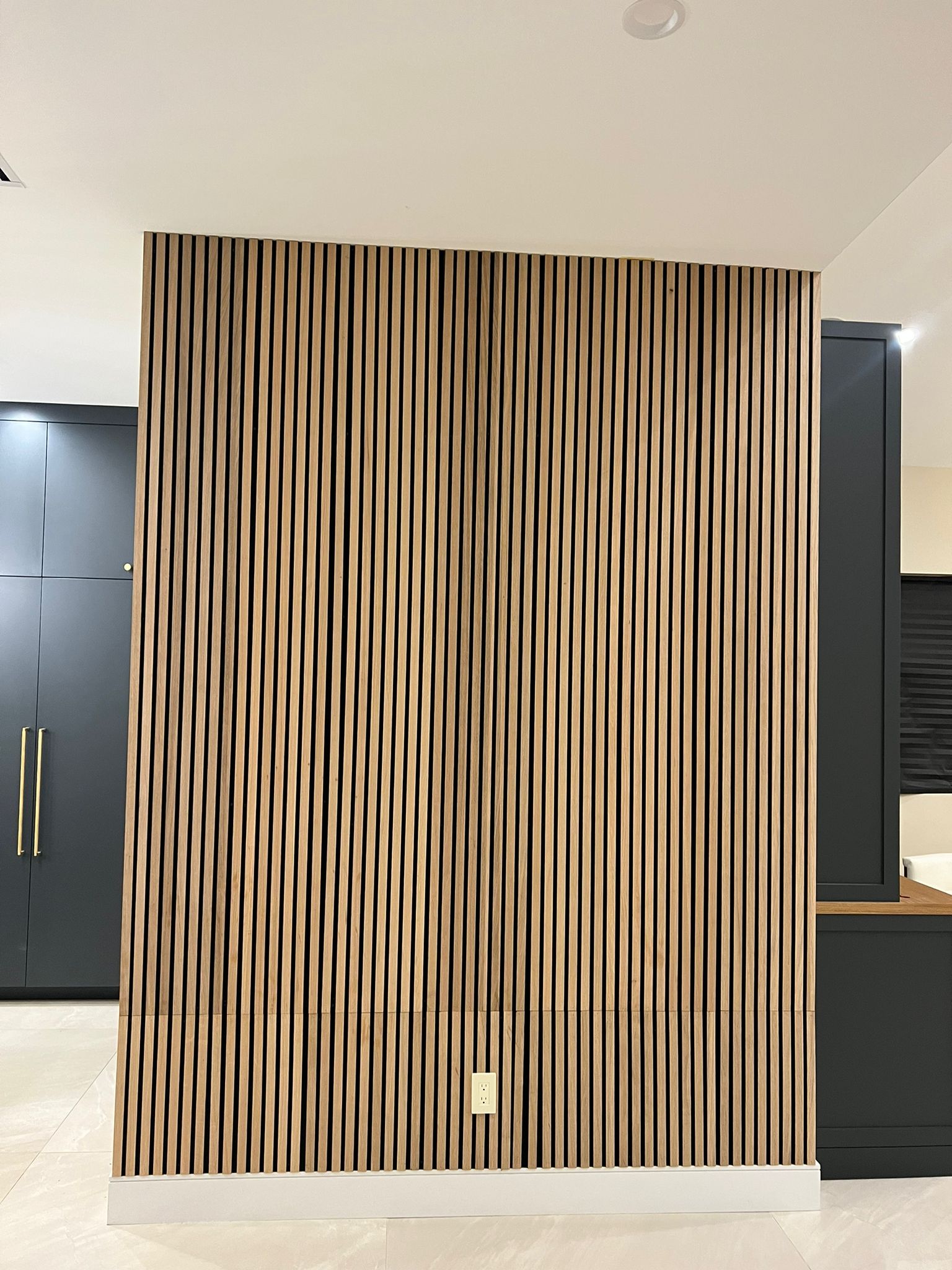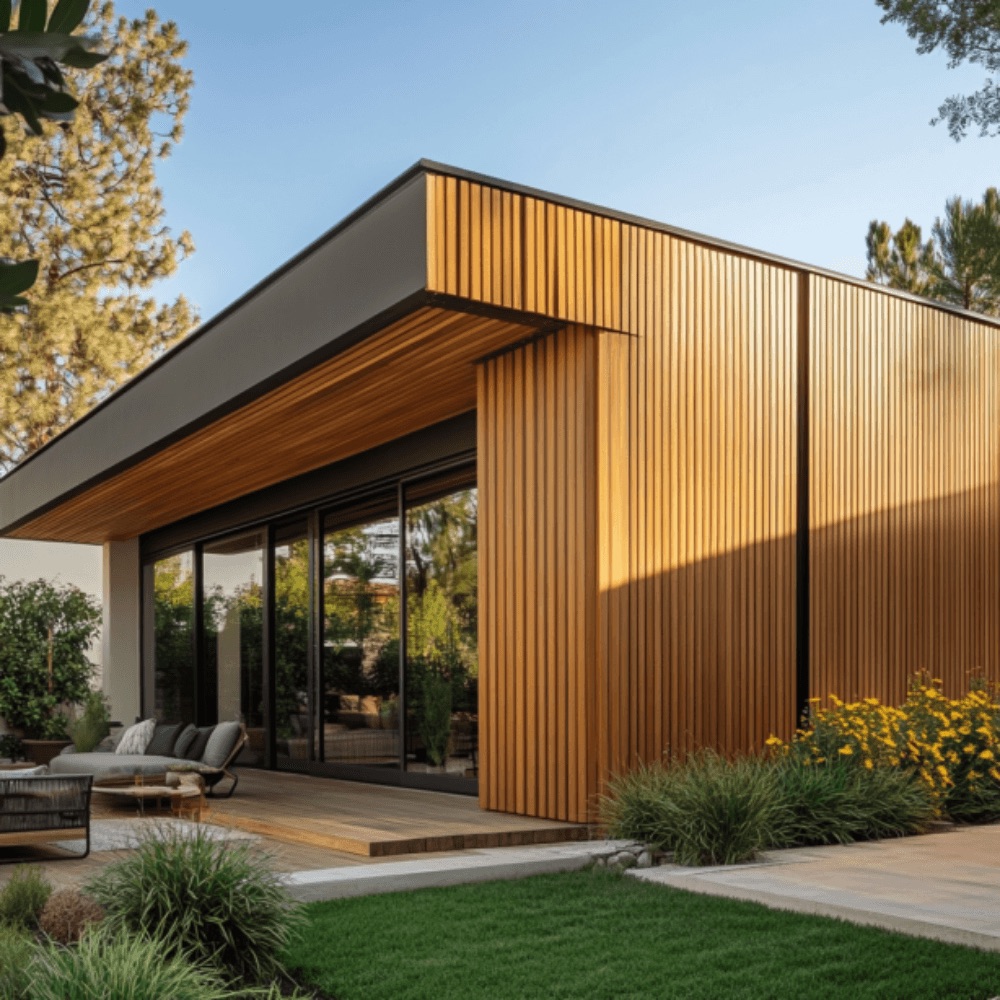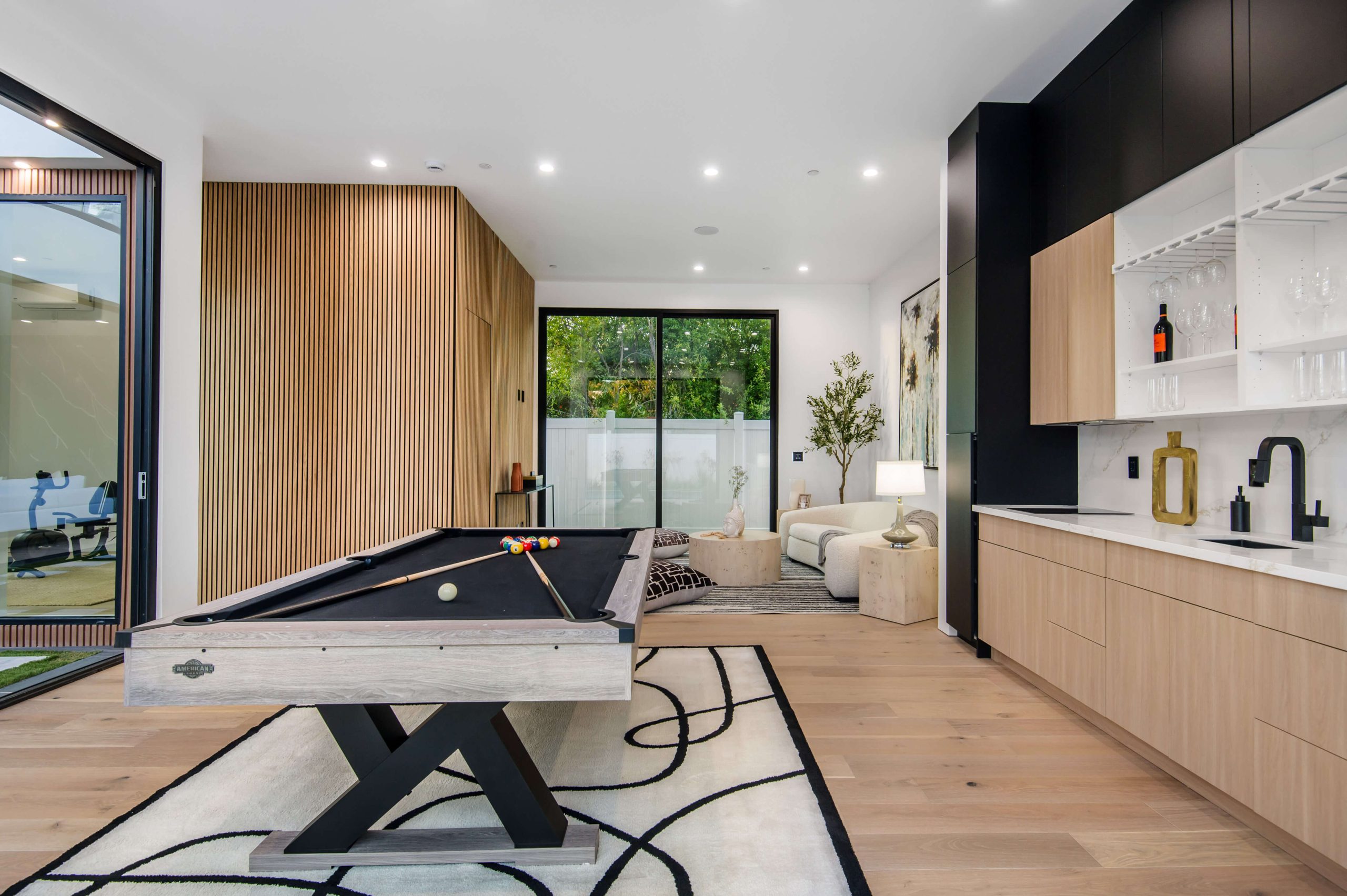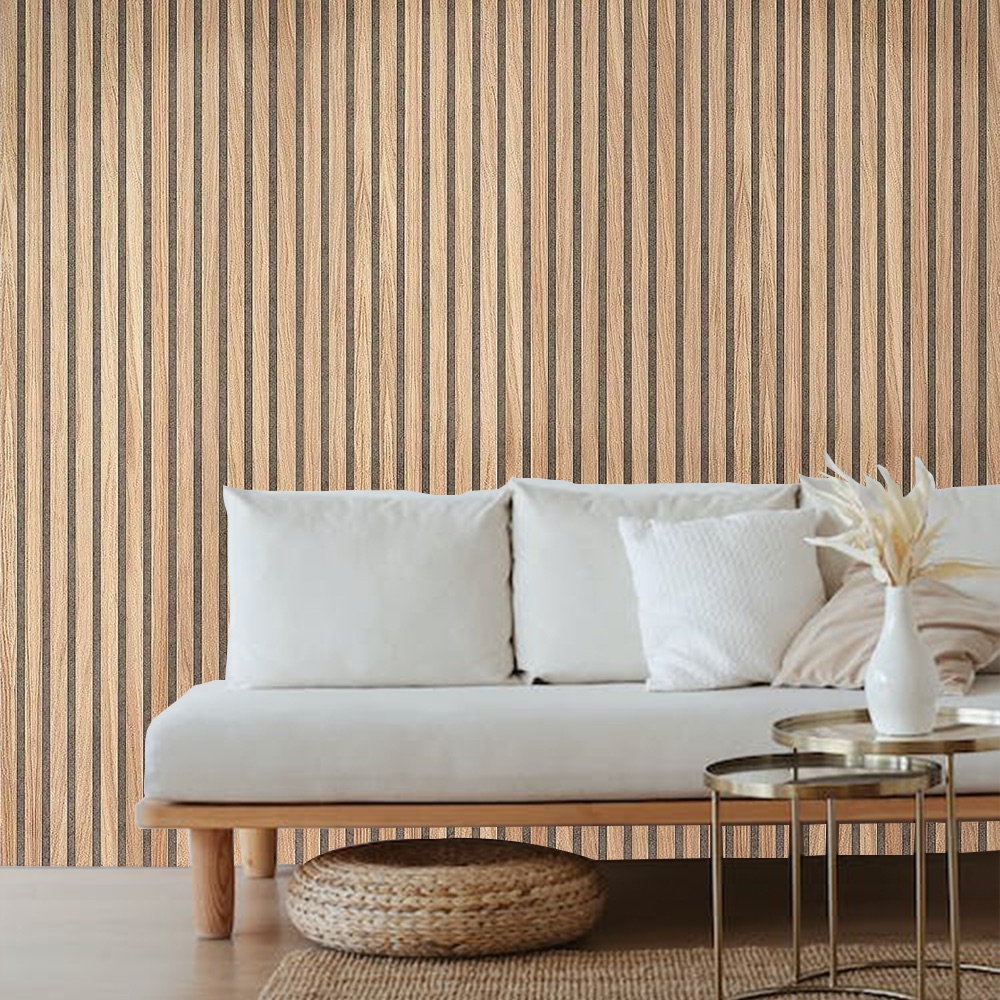Wooden louvers are increasingly popular in modern home design, offering a perfect blend of functionality and aesthetic appeal. These versatile panels are used in a variety of applications, from walls and ceilings to furniture accents. But what exactly are wooden louvers made of, and why does it matter? In this blog, we’ll dive into the materials, construction methods, and advantages of wooden louvers to help you make informed decisions for your home improvement projects.
What Are Wooden Louvers?
Wooden louvers are slatted panels typically made from high-quality wood. They are designed to create texture, improve acoustics, and add a touch of natural beauty to interior spaces. Their structure involves a series of horizontal or vertical slats arranged in a consistent pattern, allowing air and light to flow while maintaining a sleek, modern appearance. These panels are ideal for wall cladding, ceilings, and partitions, offering both functionality and style.
Materials Used in Wooden Louvers
The type of wood used in wooden louvers significantly impacts their durability, aesthetics, and overall performance. Here’s an overview of the most commonly used materials:
- Solid Wood
Solid wood, such as oak, walnut, or maple, is a premium choice for wooden louvers. It is highly durable, offers a luxurious finish, and provides excellent acoustic properties. Solid wood louvers are often chosen for high-end projects where quality and longevity are top priorities. - Engineered Wood
Engineered wood, like MDF (Medium-Density Fiberboard) or plywood, is a cost-effective alternative to solid wood. These materials are manufactured by combining wood fibers or veneers with adhesives, creating a strong and stable product. Engineered wood louvers are popular for their affordability and consistent appearance. - Veneered Panels
Veneered wooden louvers combine the best of both worlds. They consist of an MDF or plywood core with a thin layer of natural wood veneer. This construction provides the aesthetic appeal of solid wood while keeping costs manageable. - Sustainably Sourced Wood
Many manufacturers prioritize sustainability by using responsibly sourced materials certified by organizations like the Forest Stewardship Council (FSC). These wooden louvers not only look great but also align with eco-conscious values.
Why the Material Matters
The material choice for wooden louvers affects several key factors, including:
- Durability
High-quality materials like solid wood or engineered wood ensure that wooden louvers stand the test of time. They resist warping, cracking, and wear, even in high-traffic areas. - Aesthetics
The type of wood determines the natural grain, color, and texture of the louvers. For instance, oak offers a warm, classic appearance, while walnut provides a rich, dark tone. - Functionality
Different materials offer varying levels of sound absorption, moisture resistance, and thermal insulation. For instance, veneered panels are ideal for humid environments like bathrooms due to their protective coating. - Sustainability
Opting for sustainably sourced materials reduces the environmental impact of your project and promotes responsible forestry practices.
Features of Wooden Louvers
Wooden louvers are prized for their versatility and numerous benefits. Here are the top features that make them a sought-after choice:
- Acoustic Performance
Wooden louvers improve sound quality by reducing echoes and absorbing noise, making them ideal for offices, music studios, and living rooms. - Thermal Insulation
The natural insulating properties of wood help regulate indoor temperatures, enhancing energy efficiency. - Customizable Designs
With various sizes, finishes, and wood types available, wooden louvers can be tailored to suit any interior style, from minimalist to rustic. - Ease of Installation
Many wooden louvers come in modular designs, making them easy to install even for DIY enthusiasts.
Applications of Wooden Louvers
Wooden louvers are incredibly versatile and can be used in numerous ways to enhance your home:
- Wall Cladding
Create stunning feature walls that add depth and texture to any room. - Ceilings
Use wooden louvers on ceilings for a sophisticated, seamless look that also improves acoustics. - Room Dividers
Separate spaces without blocking light or air by using louvered panels as partitions. - Furniture Accents
Incorporate louvers into cabinet doors, headboards, or shelving units for a cohesive design theme.
Care and Maintenance of Wooden Louvers
To ensure the longevity of your wooden louvers, regular maintenance is essential:
- Dust Regularly
Use a soft cloth or brush to remove dust and debris from the slats. - Clean with Mild Detergents
For deeper cleaning, use a damp cloth with a mild wood-safe cleaner. Avoid harsh chemicals that may damage the finish. - Protect from Moisture
While engineered wood and veneered panels are more resistant to moisture, it’s important to avoid excessive exposure to water to prevent swelling or warping. - Reapply Finish
If your wooden louvers have a natural wood finish, consider reapplying a protective coat every few years to maintain their appearance.
Solid Wood vs. Engineered Wood Louvers
| Feature | Solid Wood Louvers | Engineered Wood Louvers |
|---|---|---|
| Durability | Extremely durable | Moderately durable |
| Cost | Higher | Lower |
| Appearance | Natural grain and texture | Consistent finish |
| Moisture Resistance | Moderate | High (with veneer or sealant) |
| Sustainability | Can be sustainable | Often uses recycled materials |
Why Wooden Louvers Are Worth the Investment
Investing in high-quality wooden louvers pays off in the long run. Their durability, aesthetic appeal, and functional benefits make them a versatile addition to any space. Whether you’re enhancing your living room with a feature wall or creating a cozy home office, wooden louvers elevate the overall design and feel of your home.
FAQs About Wooden Louvers
Are wooden louvers suitable for outdoor use?
While most wooden louvers are designed for indoor use, treated and weather-resistant wood options are available for outdoor applications.
How do I choose the right type of wood for louvers?
Consider factors like budget, durability, and the intended application. Solid wood offers premium quality, while engineered wood provides affordability and versatility.
Can I paint or stain wooden louvers?
Yes! Wooden louvers can be painted or stained to match your desired color scheme. Be sure to use wood-safe products for the best results.
Do wooden louvers help with soundproofing?
Wooden louvers are excellent for improving acoustics and reducing noise, but they may not completely soundproof a space.
Are wooden louvers eco-friendly?
Many wooden louvers are made from sustainably sourced materials or recycled wood, making them a great choice for eco-conscious homeowners.

